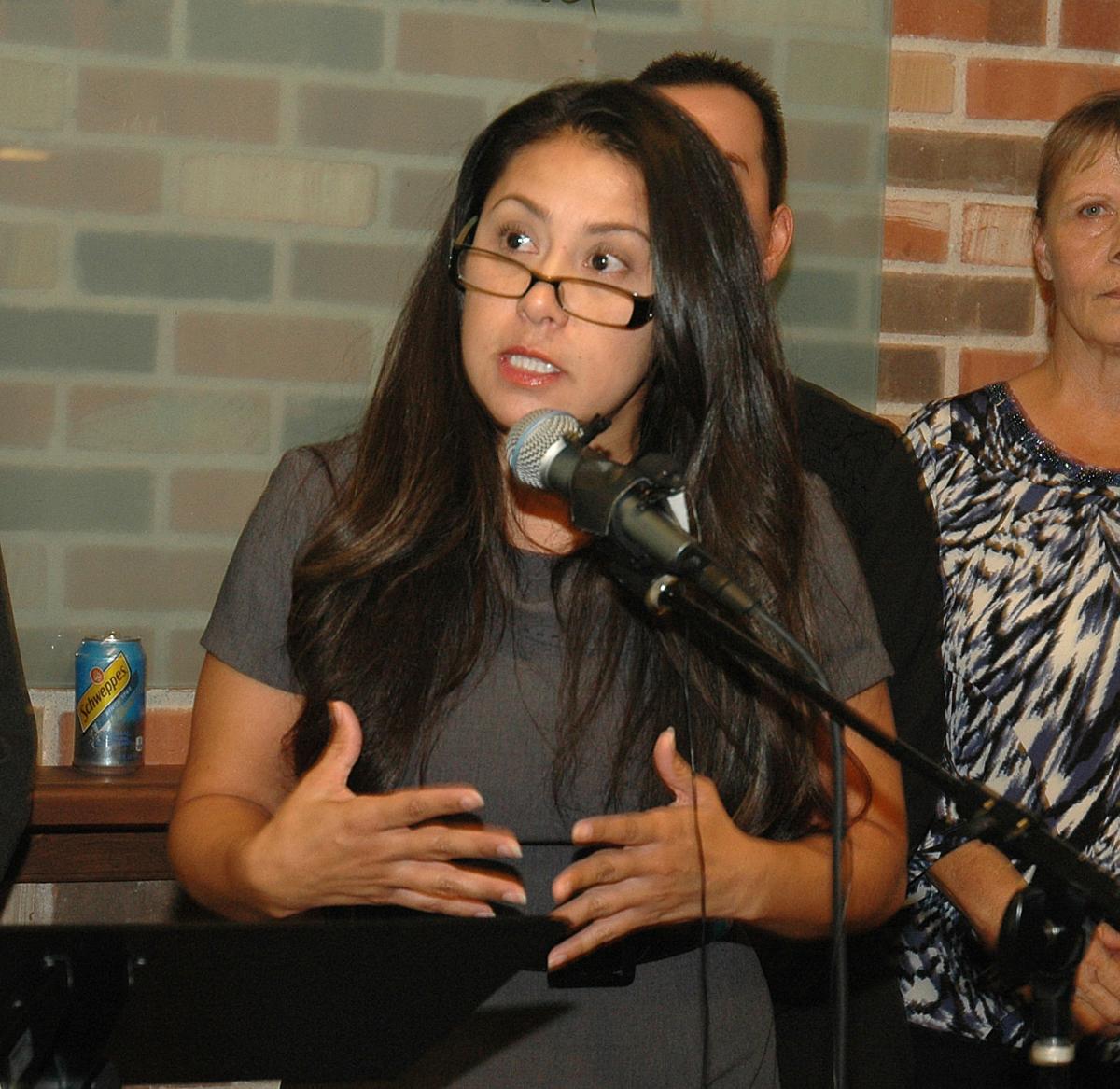PHOENIX — Saying it will prove discrimination, Latino activists want state lawmakers to enact a requirement for police to detail the race, ethnicity, age and gender of everyone they stop.
DeeDee Garcia Blase of the group Somos Independents said Tuesday the only reason a federal judge upheld the “papers please” provision of SB 1070 on Friday is because there was no evidence the law is being applied in a discriminatory fashion. U.S. District Court Judge Susan Bolton said without such evidence, she could not say it’s illegal for police to question those they have stopped about their immigration status.
Blase said the mandate, which will be introduced as legislation this coming session, would provide that proof, giving challengers a chance to overturn Bolton’s decision on appeal.
Former state Rep. Lydia Hernandez, D-Phoenix, said there’s a more practical and immediate reason for keeping tabs on what police are doing. She said it would help avoid another boycott of the state.
“When Chicanos and Latinos and those of us who support our community are for a law to end racial profiling, then it will give travelers outside the state of Arizona a little bit of comfort that they’re not going to be asked (for their papers) and racially profiled against,” she said.
Sen. Catherine Miranda, D-Phoenix, said she is crafting the measure, modeling it on a similar law in Nebraska. But it remains to be seen whether she can get the concurrence of the Republican-controlled Legislature.
The provision from the 2010 law at the heart of the fight require police who have stopped someone for any other reason to question them about their legal status if there is reason to believe they are not in this country legally.
In 2012, the U.S. Supreme Court refused to void it as discriminatory. But the justices left the door open for challengers to prove it is being applied in a discriminatory fashion.
On Friday, Bolton said that proof was lacking. But Ricardo Gallego, a former member of the Phoenix Union High School District Governing Board, said that does not mean it is not occurring — and particularly to Hispanics.
“We don’t hear that the Chinese, that the Japanese, that the Indians, that the Turks” are being stopped, he said. “We hear about the Mexicans.”
Blase did not dispute that requiring police to document every interaction with the public might mean forcing officers to spend more time doing paperwork rather than being out on patrol. But she said the issue has to be seen through the eyes of the minority community.
“No offense, but if I were white I wouldn’t have that concern,” Blase said. “But I’m brown.”
And she said her U.S. citizenship apparently provides no protection against profiling.
“When I have to worry about being asked about my immigration status when my ancestors have been here for generations and generations, that’s a violation in my view of my rights,” Blase said. “And I want the same rights that you have.”
Blase said if nothing else, the requirement for documentation will help point out which police officers have a tendency to racially profile.
The Nebraska law, which took effect in 2002, requires all law enforcement officers to record and retain information on the number of motor vehicle stops, the racial and ethnic characteristics of each person stopped, what alleged law was being broken and whether an arrest was made or a warning or citation issued.
On Twitter: @azcapmedia





